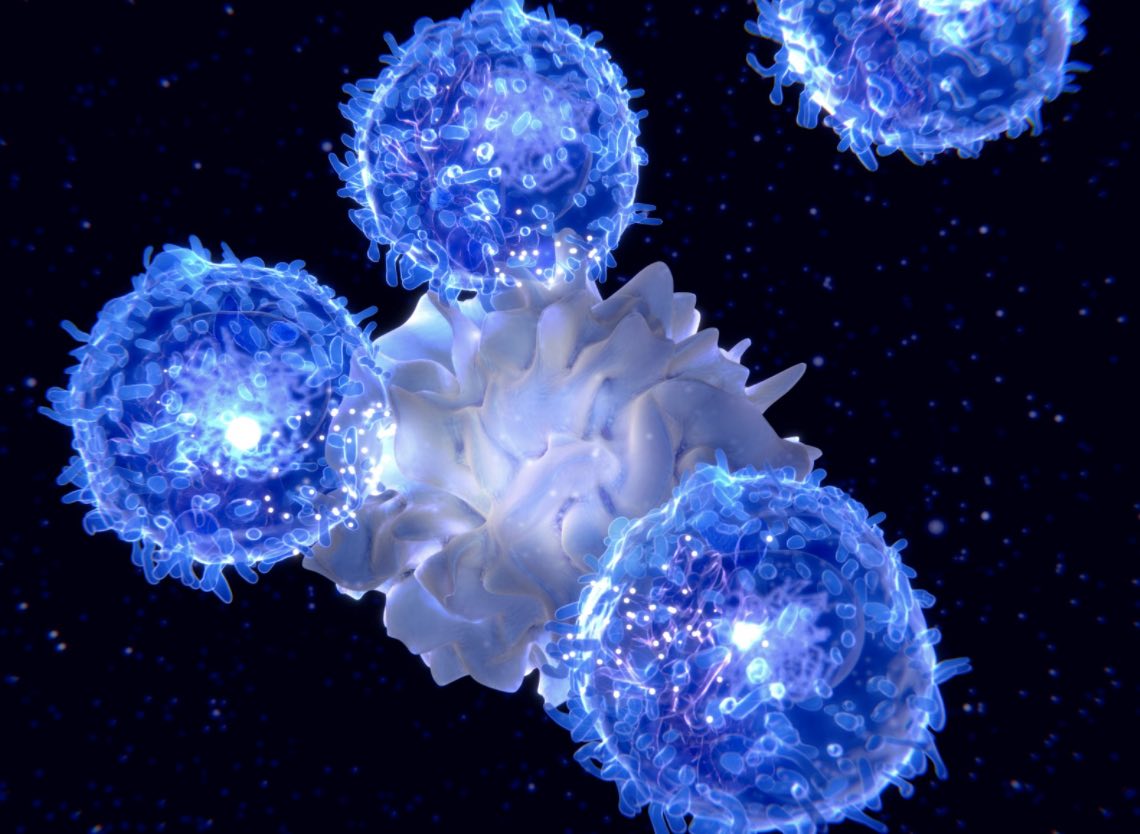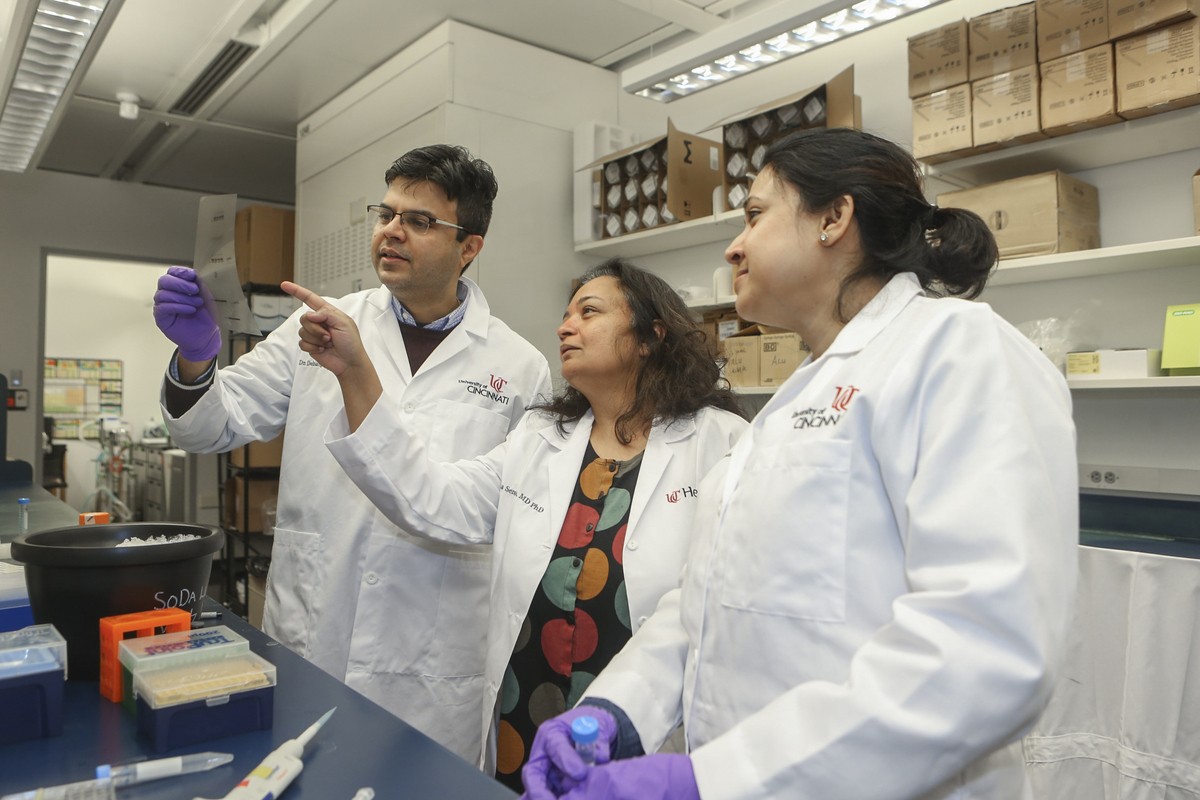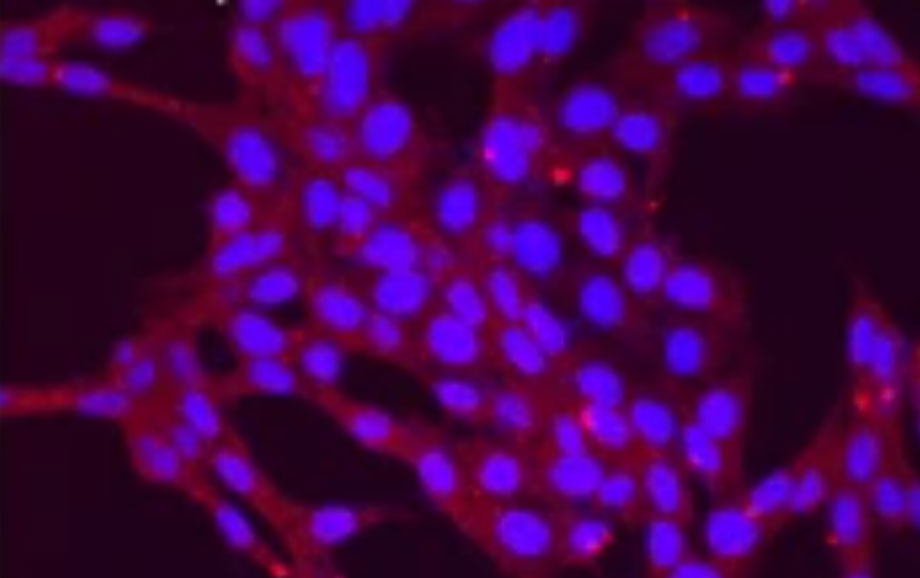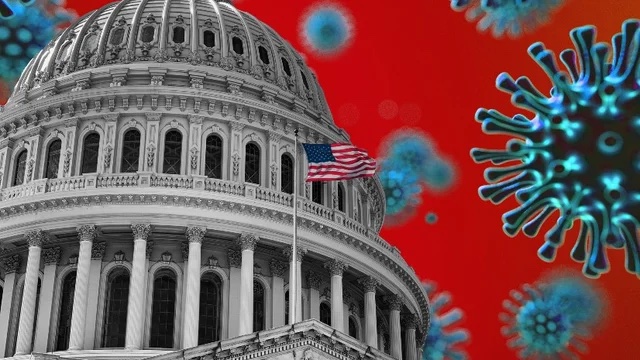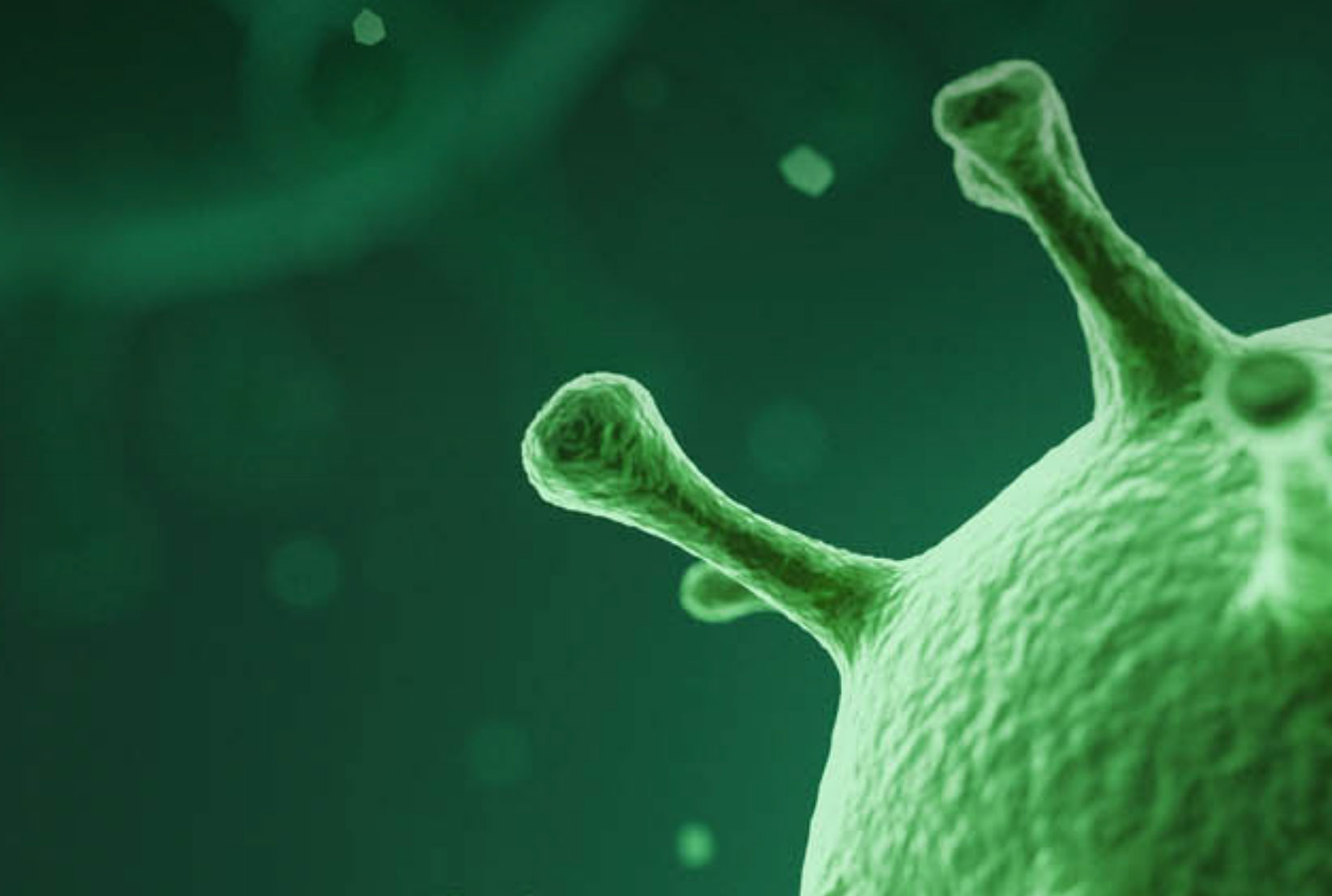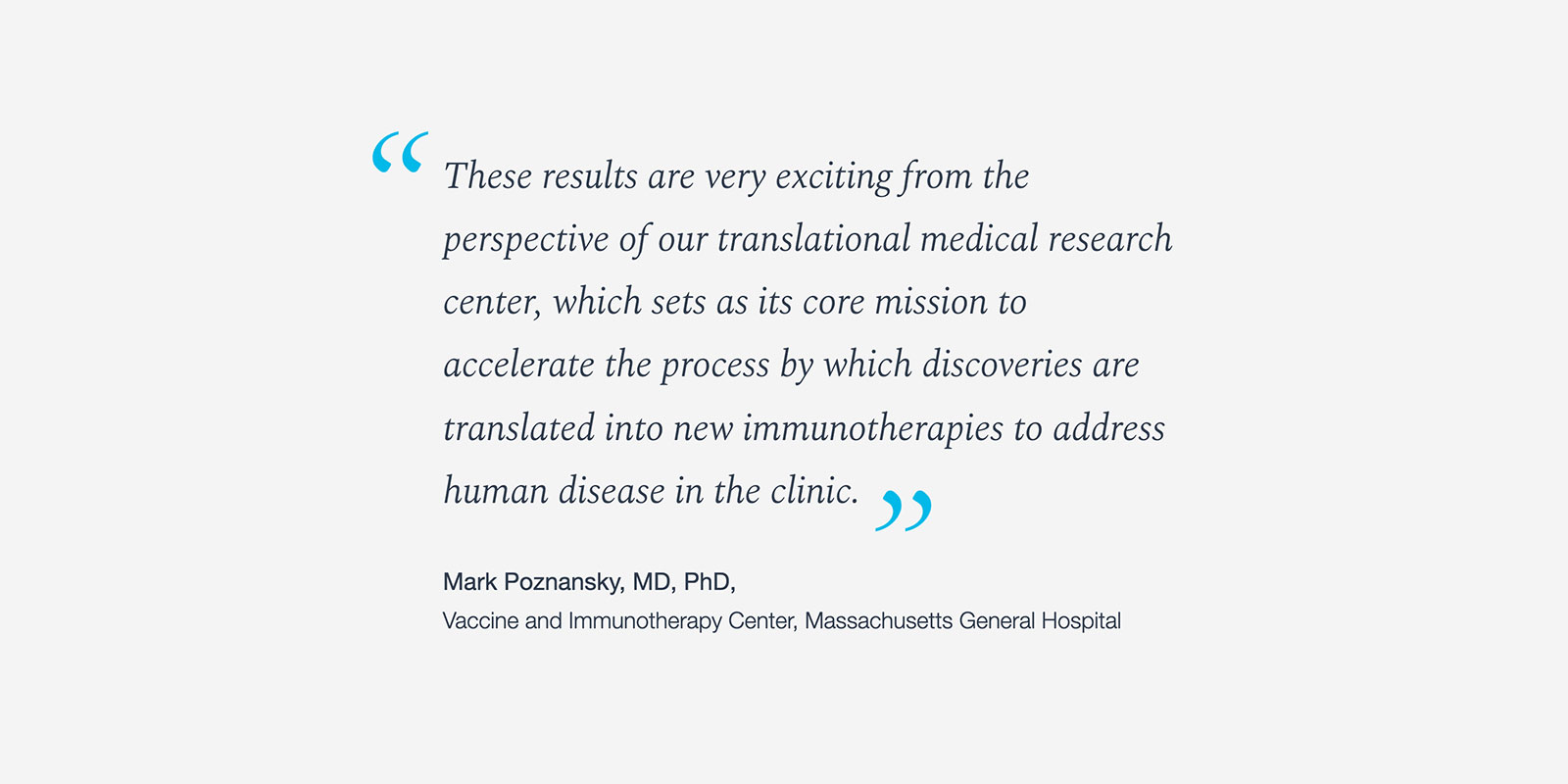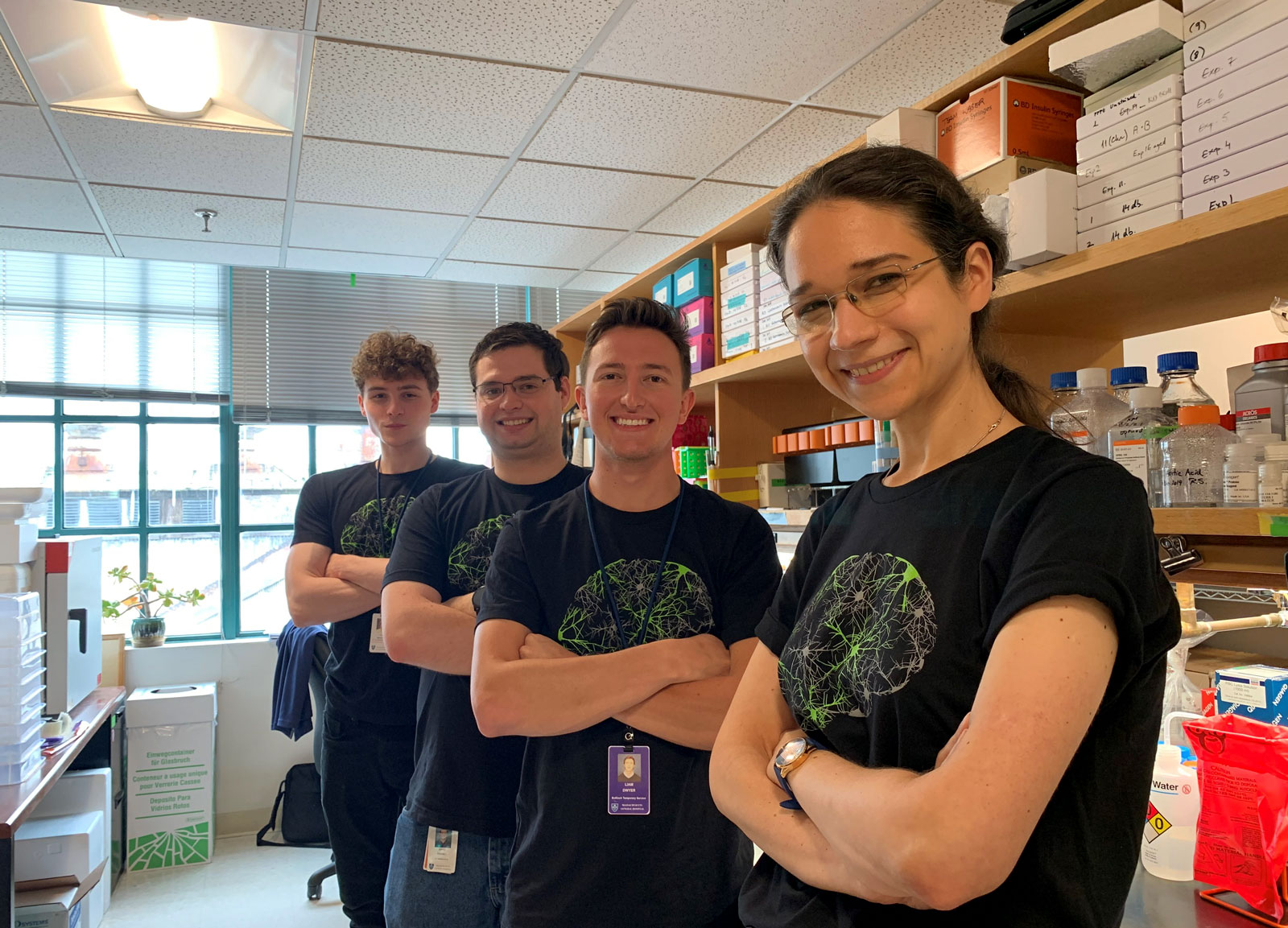A proof-of-concept study suggests that the combination of anti-inflammatory medication and chemotherapy drugs can boost immune response to suppress bladder tumor growth. Led by Cedars-Sinai Cancer investigators, the study focused on tackling the immune-dampening effect of chemotherapy drugs. Research uncovered the underlying mechanism that results in chemotherapy treatment failure, the release of prostaglandin E2. This bioactive lipid is associated with inflammation and inhibits dendritic maturation. A preceding factor for cells to fight cancer. In addition, early investigation revealed potential in combining celecoxib, an anti-inflammatory medication, and chemotherapy drugs as improved immune response was observed in treated mice models. Researchers look to test the efficacy of the potential treatment in human trials for bladder cancer patients.
Two-pronged immunotherapy treatment tested for effectiveness against glioblastomas
Recent data published indicates great hope in a newly developed COVID-19 vaccine
Developed by City of Hope researchers, an investigational COVID-19 vaccine was seen to produce both antibody and T cell response against the virus in clinical trials. The vaccine, COH04S1, differs from previous vaccines developed to target COVID-19. COH04S1 targets two different proteins of the virus, the spike and nucleocapsid proteins. This combination of antigens into one vaccine grants substantial T cell immunity. Even as new mutations arise in the virus’ spike protein, antigens of the nucleocapsid would protect individuals from COVID-19. The vaccine is currently undergoing phase 2 clinical trials, being evaluated for both efficacy for immunocompromised cancer patients and as a Phase 2 vaccine booster.
Restoring p53 function with mRNA nanoparticles and immune checkpoint blockade to enhance immunotherapy
181 Nobel Laureates condemn Vladimir Putin’s unprovoked and brutal invasion of Ukraine.
An open letter from Nobel laureates
The undersigned Nobel laureates voice our support for the Ukrainian people and the free and independent state of Ukraine as it faces Russian aggression.
In a move that recalls the infamous attack of Nazi Germany on Poland in 1939 (using similar tricks of feigned provocation) and on the Soviet Union in 1941, the government of the Russian Federation, led by President Putin, has launched an unprovoked military aggression — nothing else but a war — against its neighbor, Ukraine. We choose our words carefully here, for we do not believe the Russian people have a role in this aggression.
We join in condemning these military actions and President Putin’s essential denial of the legitimacy of Ukraine’s existence.
There is always a peaceful way to resolve disputes. The Russian invasion blatantly violates the United Nations Charter, which says “All members shall refrain in their international relations from the threat or use of force against the territorial integrity or political independence of any state.” It ignores the Budapest Memorandum of 1994, which obligated Russia and others to respect the sovereignty, independence, and existing borders of Ukraine.
Russia’s security concerns can be addressed within the framework of the UN Charter, the 1975 Helsinki Final Act, and the 1990 Paris Charter. To make war, as President Putin and his collaborators have done, is an unwarranted, bloody, and unproductive way to a future.
The Russian invasion will stain the international reputation of the Russian state for decades to come. It will pose barriers to its economy and inflict hardships on its population. The sanctions imposed will restrict the ease of movement of its talented and hardworking people in the world. Why raise this fence between Russia and the world now?
Hundreds of Ukrainian soldiers, Russian soldiers, and Ukrainian civilians, including children, have died already. It’s so sad, so unnecessary. We gather in this appeal to call upon the Russian government to stop its invasion of Ukraine and withdraw its military forces from Ukraine.
We respect the calm and the strength of the Ukrainian people. We are with you. Our hearts go out to the families and friends of all, Ukrainians and Russians, who have died and been injured already. May peace come to this piece of our beautiful world.
Exciting research reveals new potential in investigating “hybrid immunity” against Covid-19 and evolving variant
Three pillars of pandemic preparedness to end this one while preparing for the next
Mark Poznansky, Director of VIC and Michael Callahan, Director of Clinical Translation at VIC, discuss three independent pillars the government should consider to stop fighting the last virus and develop a new strategy to counter new waves of Omicron-like variants.
Voltron Therapeutics, a Laidlaw Venture Partner, Announces Selection of Therapeutic Targets for Immuno-Oncology Program
The Vaccine and Immunotherapy Center in partnership with Voltron Therapeutics, Inc. has selected three initial cancer targets and pre-clinical protocols for its VaxCelerate self-assembling vaccine (SAV) platform, in the immuno-oncology (IO) setting and are aiming to file an IND for at least one cancer indication in mid-2022.
Please read the press release below for more detail on this exciting progress.
B cells do more than just help fight infection: a new study shows that they can support tissue repair and regeneration after injury
An exciting recent publication in the FASEB Journal by VIC researcher’s Ruxandra Sîrbulescu, PhD and Mark Poznansky, MD, PhD on ‘B cells do more than just help fight infection: a new study shows that they can support tissue repair and regeneration after injury’
Please read the press release below or click on the link to read the full paper.
FASEB Journal publication from VIC’s Dr. Sîrbulescu and her team.
Ruxandra Sîrbulescu, PhD, a Principal Investigator at VIC, has recently published the results of her research conducted with her team, showing that B cells do more than just help fight infection – that they can support tissue repair and regeneration in injury.

